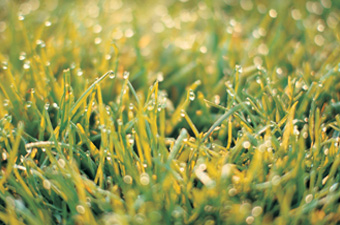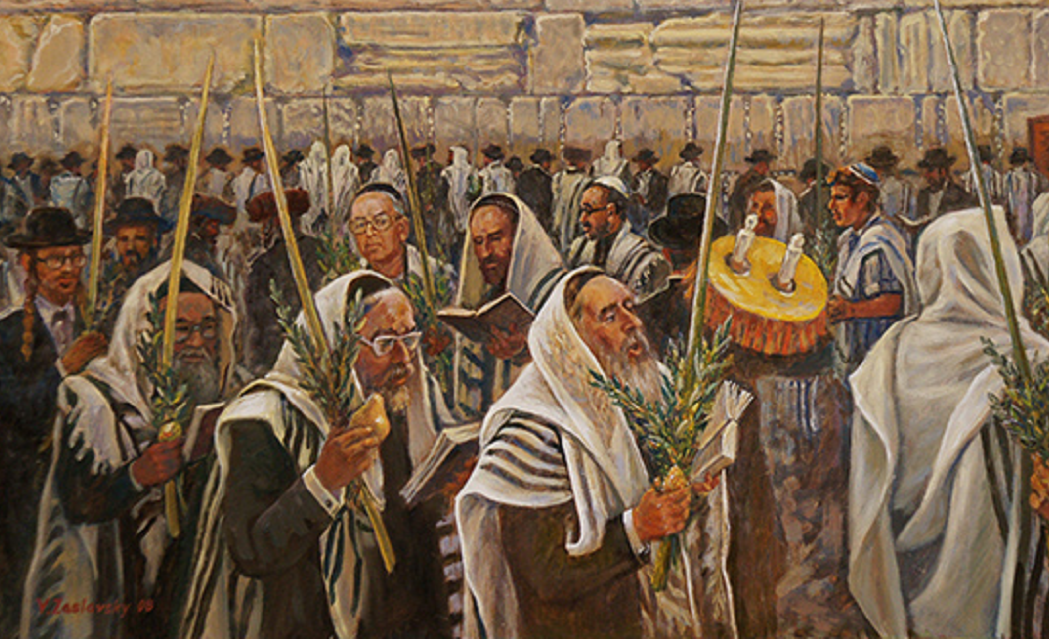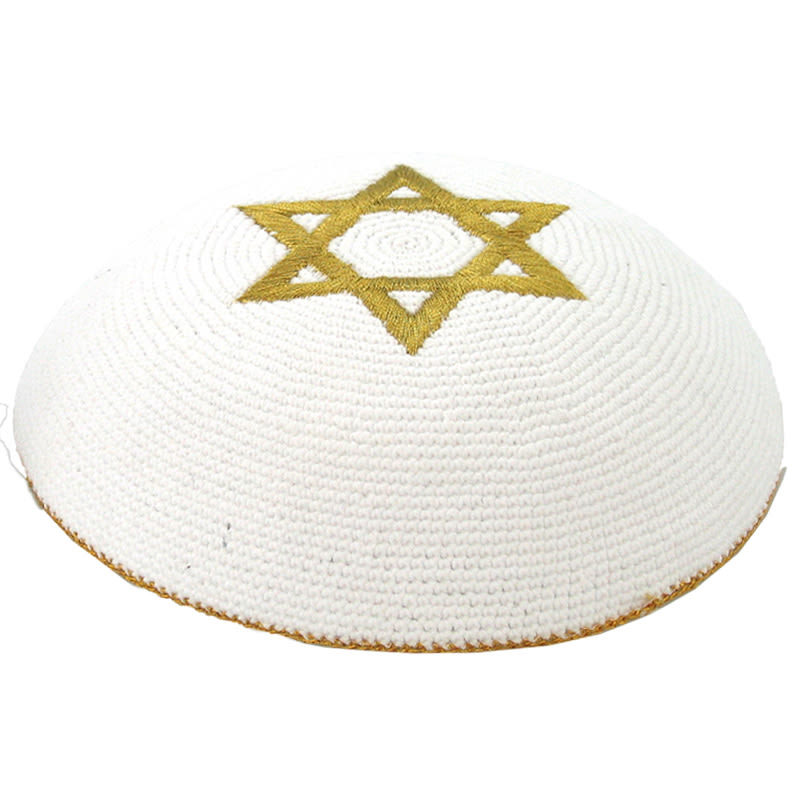
Likutei Halachot: Winter Torah Study
The Torah we learn, especially during the long winter nights, dictates the course of nature and invokes abundance, best of all the blessings of rain and dew…

Translated by Rabbi Dov Grant
Excerpts from Likutei Halachot, by Rebbe Natan of Breslev
The Torah states(Devarim 32:2): “My teaching shall drip like the rain; My word shall flow as the dew.”
The above verse expresses the concept that tal/dew and matar/geshem/rain are both created through Torah study. Fundamentally, however, everything depends on tefillah/prayer, for all Torah study depends on tefillah, as Rebbe Nachman writes (Likutei Moharan 1:8), regarding the verse (Yo’el 4:18): “A spring shall emanate from the house of Hashem”.
Therefore “My teaching shall drip like the rain…when I call the name of Hashem” meaning tefillah, through which we merit the intelligence for Torah study that creates tal and geshem.
 This is as the Rebbe writes elsewhere (LM 1:159) that through Torah study – if we merit that our study ascends to the Shechinah/Divine Presence – Divine spiritual and physical bounty is created. This is the ‘right’ and ‘left’ of the Torah (as he explains there).
This is as the Rebbe writes elsewhere (LM 1:159) that through Torah study – if we merit that our study ascends to the Shechinah/Divine Presence – Divine spiritual and physical bounty is created. This is the ‘right’ and ‘left’ of the Torah (as he explains there).However, if we do not merit having our study ascend up to the Shechinah, in any event its nature is to ascend somewhat. As a result of this [not ideal Torah study] ‘night’ is made, when all the impure forces strike his Torah study, creating Torah of tal/dew or the opposite. This is a different aspect of the ‘right’ and ‘left’ (as Rebbe Nachman explains there).
This is the concept of the dew and rain. For the abundance of gashmius/physical bounty is related to geshem/rain, since all influx of bounty is termed geshem. When our learning ascends to the Shechinah, which itself is an aspect of emunah, an aspect of geshamim/rains/bounty is made, which relates to emunah (as the Rebbe explains in LM 1:7).
Now, in the winter time the main Torah study is conducted at night. It is regarding the winter that it says “nighttime was only created for learning Torah”. And night is an aspect of emunah, as it says (Psalms 92:3): “And Your emunah in the nights”. Consequently, the Torah learnt at that time ascends to the Shechinah, as it relates to emunah.
For Torah learnt at night is closer to ascend to the Shechinah – whether from the perspective of Man, or from the perspective of the Shechinah, (so to speak). In terms of the perspective of Man – we can easier engage on self abnegation and attachment to Hashem in the nighttime, when the world ceases its engagement in material pursuits (as the Rebbe writes in LM 1:52). The Shechinah is also closer to people that learn at night, attentive to their voice, as it says (Lamentations 2:19): “Arise, cry out in the night, at the beginning of the watches! Pour out your heart like water before Hashem’s presence”. It says specifically “before Hashem’s presence” – for the Shechinah is closer to a person at that time. For at nighttime the Shechinah resides in the lower worlds, when, so to speak, “the dove does not find rest”; its main tranquility lies with a man that learns at that time, as in “the bird also finds a home” (as is written in the Tikkunim of the Arizal).
Hence, in the winter, when Torah study is at night, and it ascends to the Shechinah that relates to emunah, then an aspect of geshamim/physical bounty is created. Thus, we start to say morid ha’geshem (He that brings the rain) at that time.
In the summer, however, the main Torah study is during the day, when the statement “nighttime was only created for sleeping” applies. And in the daytime not everyone’s learning merits to ascend to the Shechinah – partly because he cannot annul his ego that much (because the world is so busy) and partly because the Shechinah resides in the upper worlds. Therefore, an aspect of tal/dew is made from most of the Torah learning of the daytime, since those negative nighttime forces go forth at that time. Thus, we start to say morid ha’tal (He that brings the dew) in the summer. (Orach Chaim Hilchos Tefillah 1)
***
Rabbi Dov Grant has his own website at http://likuteihalachos.blogspot.com. You may contact him at ravdgrant@gmail.com.











